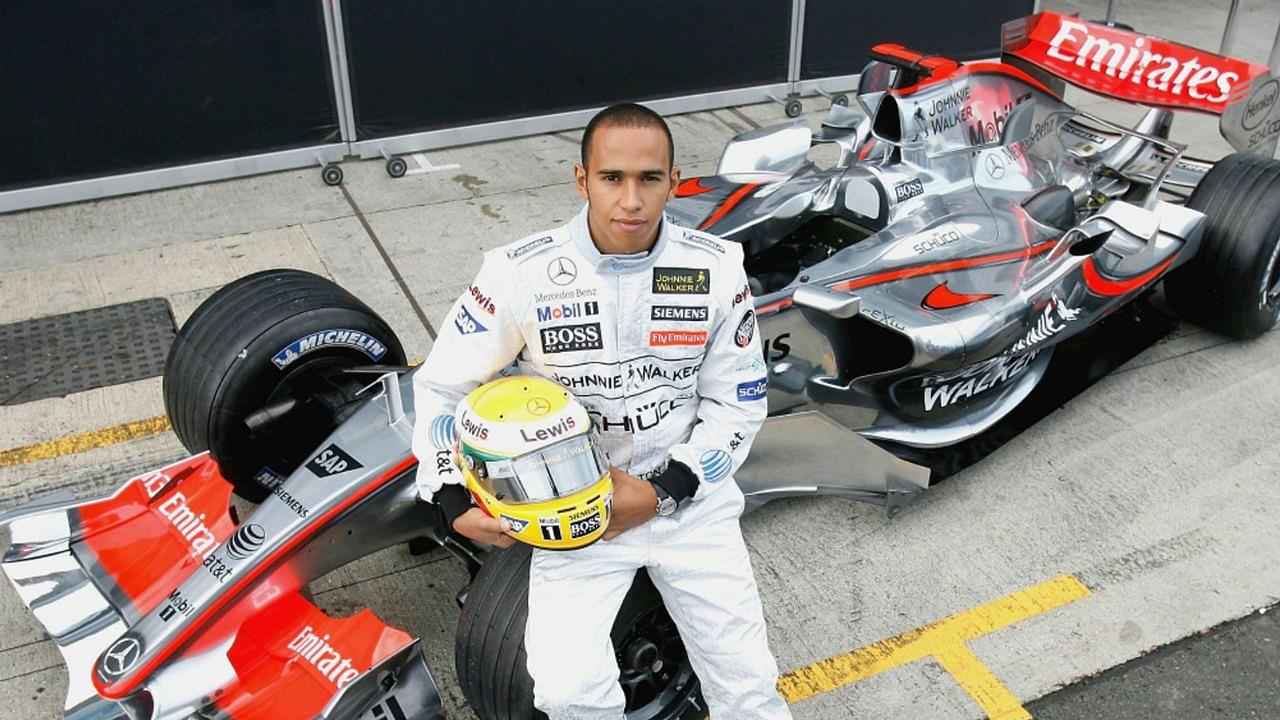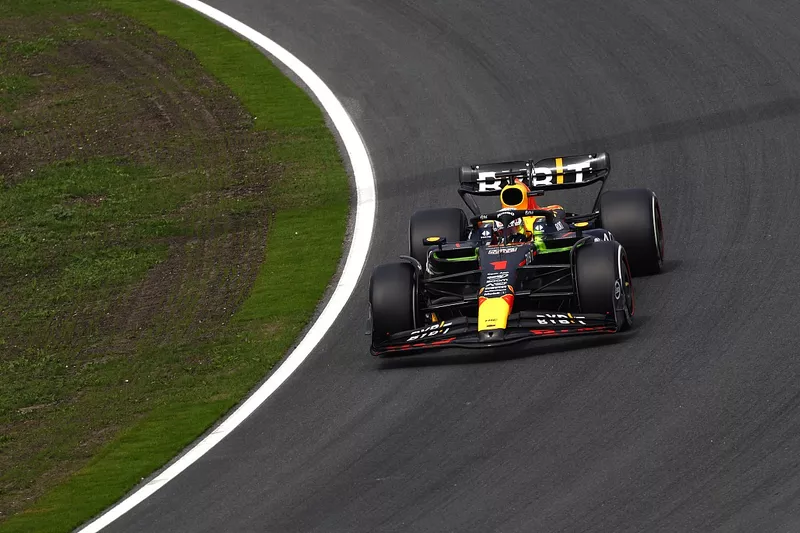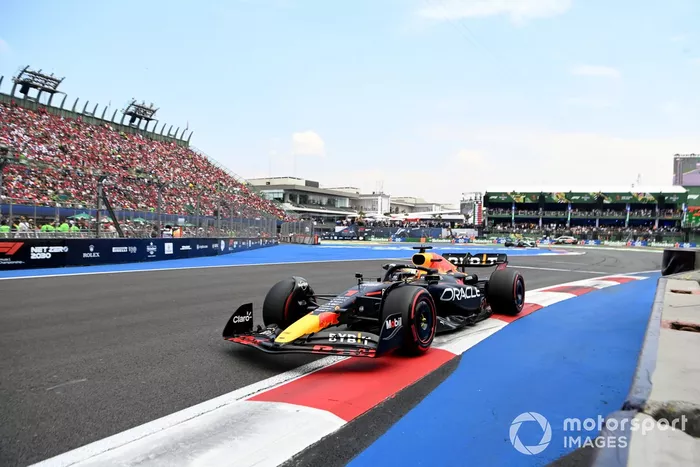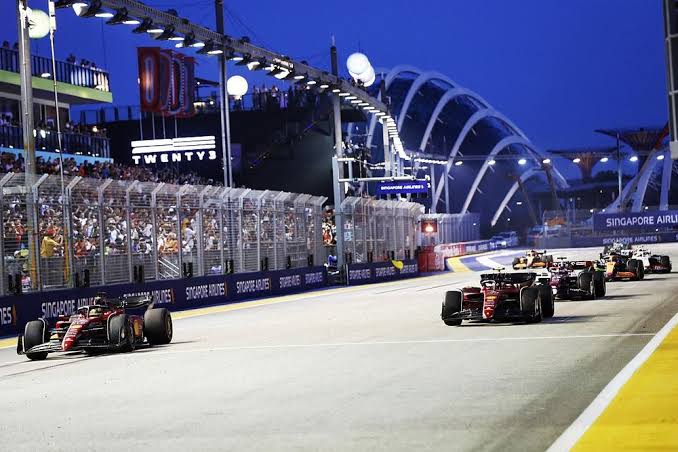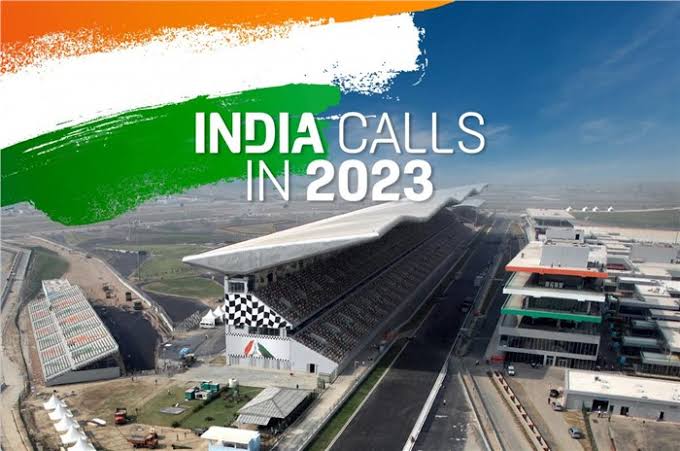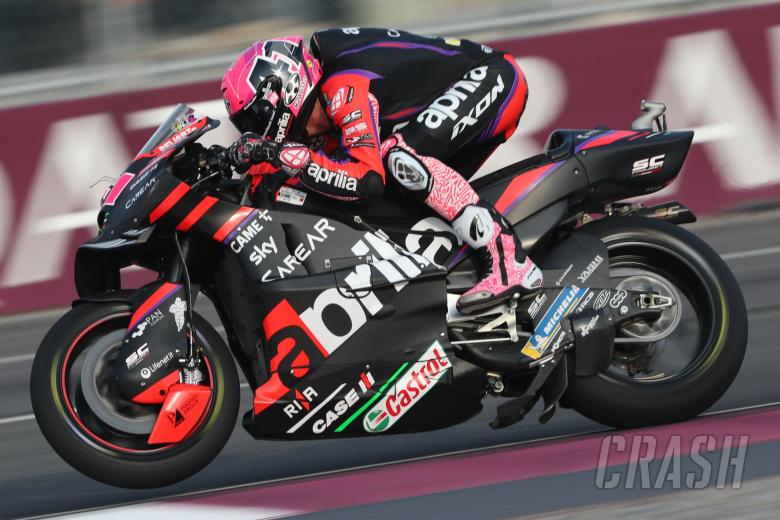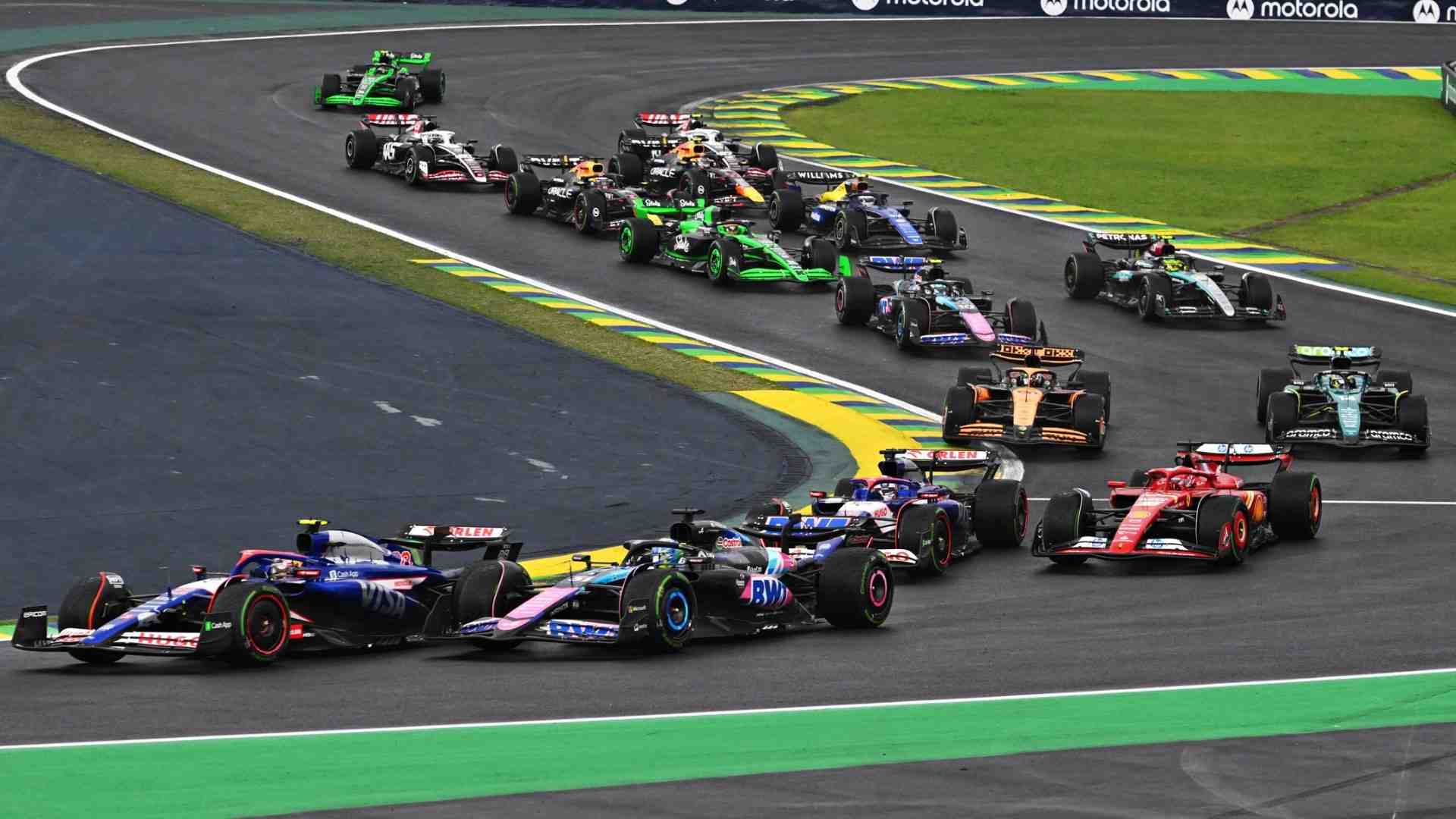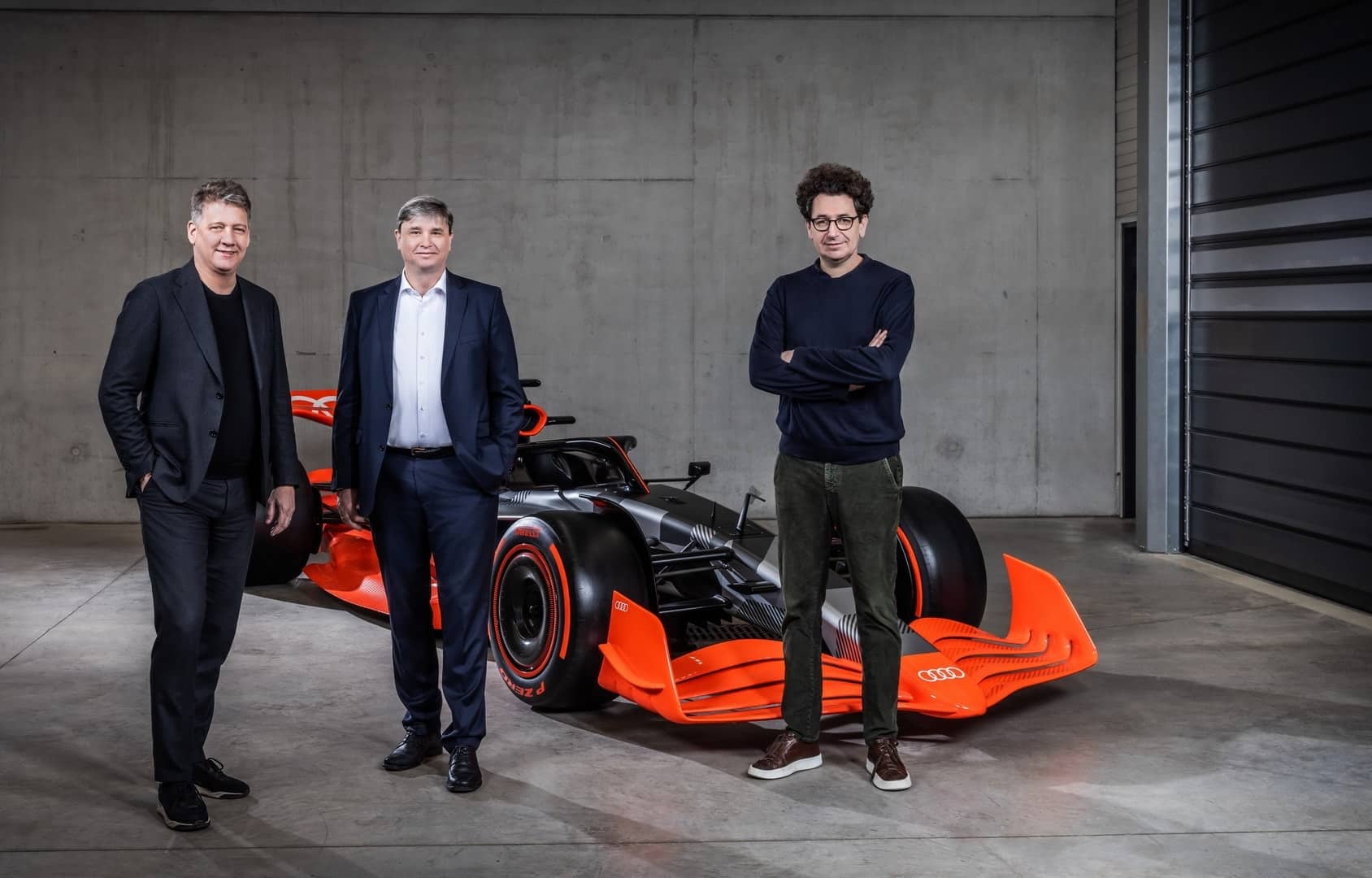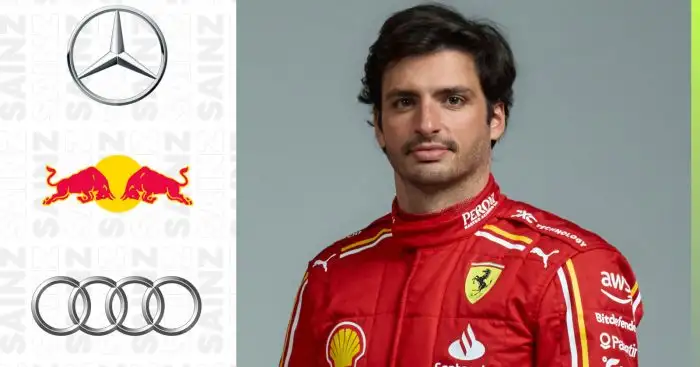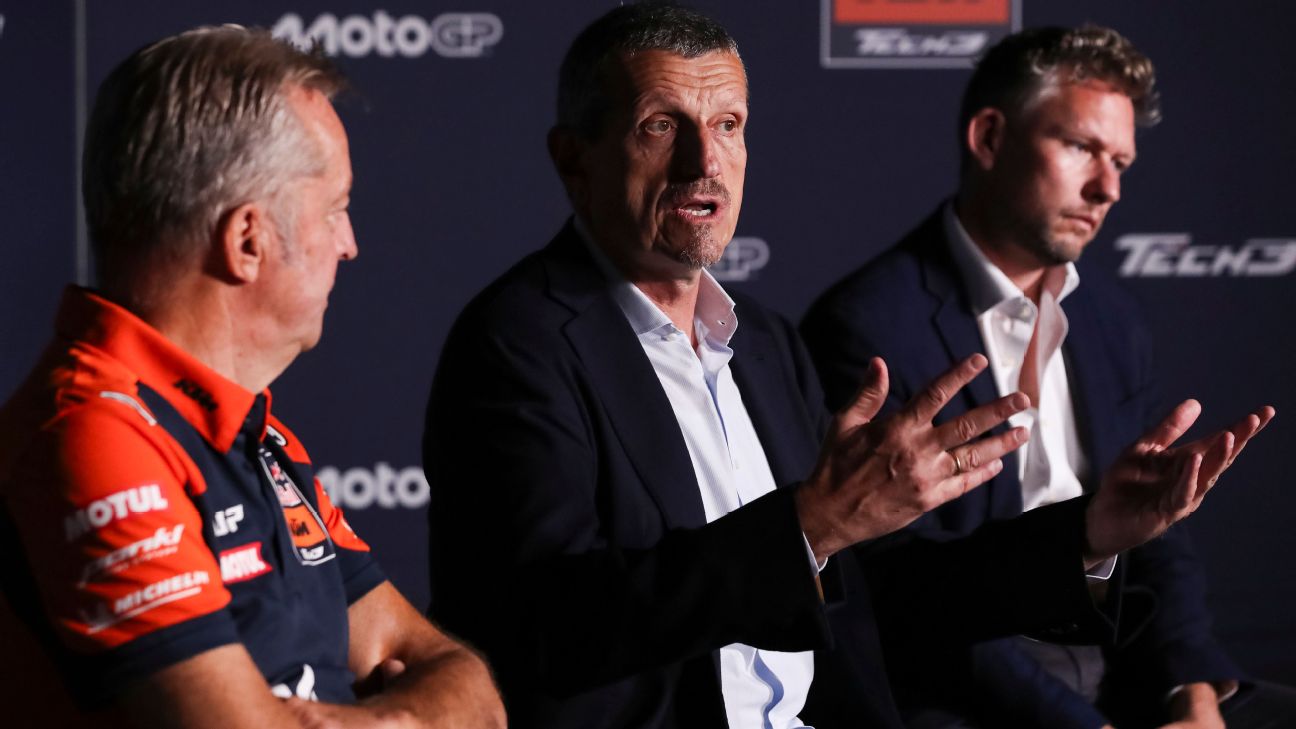F1 Confirms Return Of The Indonesian Grand Prix For 2025
Motorsports enthusiasts worldwide have been in a whirlwind of anticipation with news that the Indonesian Grand Prix has been officially confirmed to resume action in 2025. This is a huge breakthrough for Indonesia, a nation with a rich history in motorsports and a long break from F1. With planning already in progress and a renewed passion for racing from fans, the Indonesian Grand Prix will be one of the highlights in the 2025 F1 season.
A Historical Comeback
The Indonesian Grand Prix has a storied history, with its debut in 1976 at Jaya Ancol Circuit in Jakarta. It has appeared in various forms in various years, like a second in 1993 at Sentul International Circuit. Indonesia has not hosted F1 in recent years, so this return makes it even more remarkable. F1 CEO Stefano Domenicali’s statement emphasizes the importance of this event as part of a broader strategy to expand F1’s presence globally, particularly in Southeast Asia, whose interest in motorsports continues to grow.
Historical Context
1976 Jaya Ancol Circuit: It was the venue for the very first Indonesian Grand Prix and Indonesia’s F1 debut.
1993 Sentul International Circuit: The second and most recent F1 event in Indonesia, which proved that Indonesia has great potential in terms of motorsports.
It’s not just a case of reinstating a bygone tradition, but one of embracing a new era in Indonesian motorsports. It’s a reflection of a desire by the country to be a power to be reckoned with in international racing.
The Location: A Circuit to be remembered
While specific details about what circuit will be hosted by the 2025 Indonesian Grand Prix have not been revealed, a few likely candidates exist. Sentul International Circuit has been mentioned as a likely prospect due to it already having established infrastructure and a history of international racing. However, new city tracks have also been considered in a move to create a new racing environment that can live up to F1’s high standards.
Possible Circuit Options
Sentul International Circuit: It has a background in F1-related events and international racing experience.
Urban Circuit in Jakarta: A circuit planned to have the potential to bring F1 racing to central Jakarta and make it more accessible to supporters.
Bintan Island Circuit: This location offers stunning scenery and could attract tourism alongside the race.
Venue choice will be critical not only for the experience of the race but also to address logistical requirements. It will necessitate upgrades to infrastructure to accommodate the flow of fans and teams that will be arriving for the event.
Economic Impact and Tourism Boost
F1’s return to Indonesia will have a considerable economic impact in Indonesia. Previous events such as MotoGP events in Mandalika have proved how such events can generate tourism and local business. Hotels, restaurants, and services saw high increases in patronage during these events, and such can be anticipated for the Indonesian Grand Prix.
Major economic benefits
Increased Tourism: The Grand Prix will draw thousands of foreign tourists, and local tourism industries will be boosted.
Job Creation: These events create temporary hospitality, security, and event management jobs.
Hosting a nation’s inaugural F1 event would necessitate local infrastructure upgrades, and these could have a long-term effect for residents.
The economic effects extend beyond the immediate event. The infrastructure established for the event can enhance local communities’ quality of life and serve as a platform for future tourism initiatives.
Fan Engagement and Community Involvement
One can feel the enthusiasm from Indonesian fans. Local motorsports organizations have been making efforts to popularize motorsports culture throughout Indonesia. Community participation in events before the Grand Prix will be essential to build interest and local support.
Strategies for Engaging Fans
Local Racing Events: Hosting local racing events prior to the Grand Prix can generate interest.
Education programs in motorsports can inspire younger generations and encourage participation.
Merchandising Opportunities: F1-themed merchandise can be merchandised by local businesses during race week.
It’s necessary to have fan participation to create a dynamic atmosphere during the event. It also helps to build a long-term fan base that will keep motorsport in Indonesia thriving even beyond the Grand Prix.
Challenges Ahead
Although enthusiasm accompanies the return of the Indonesian Grand Prix, a number of challenges have to be met. Readiness in terms of infrastructure is a priority; making roads, accommodations, and facilities international-standard will involve a lot of investment and planning.
Key Challenges
Enhancing roads and amenities to support a high level of visitors is essential to success.
Logistical Coordination: Coordination between local authorities, F1 management, and sponsors will be critical to ensure a smooth operation.
Sustainability Goals: F1’s sustainability objectives will be met with innovative solutions by organizers.
Overcoming these obstacles will not only ensure success in the event but also set a precedent for future motorsports events in Indonesia.
The Future of Motorsport in Indonesia
Confirmation of the Indonesian Grand Prix signals a new emphasis on motorsports in Indonesia. It opens opportunities not only for future F1 events but also for international events like MotoGP and endurance racing events. The potential for expansion in motorsports can generate investment in infrastructure and leave a lasting legacy for generations to come.
Long-term vision
Racing Circuit Development: Continuous investment in racing facilities can transform Indonesia into a prime location for holding motorsports events.
Youth Programs: Establish programs to encourage youth participation in motorsports in order to build future talent.
International Cooperation: Collaborating with international organizations can improve Indonesia’s stature in international racing.
This vision for the future underscores Indonesia’s ambition to become a major player in the global motorsport scene.
Conclusion
The return in 2025 of the Indonesian Grand Prix marks a new and exhilarating chapter not just for Formula 1, but for Indonesia as a country. With a strong history in motorsports and a rapidly expanding fan base, Indonesia is set to take full advantage of this opportunity. With planning in full swing for what will be a sensational event, everyone’s eyes will be focused on Indonesia as it comes back into the international limelight of Formula 1 racing. It’s not just a mere race; it’s a celebration of culture, community, and a passion for speed that will be felt throughout Southeast Asia and beyond.
Further Insights
Impact on Local Motor Sport Culture
The return of the Indonesian Grand Prix will have a strong impact on local motorsports culture. It will inspire a new generation of fans and may result in increased grassroots involvement in motorsports. Local clubs and organizations will surely see a surge in interest, and that could mean more racing talent being nurtured from Indonesia.
International Recognition
Hosting an F1 event will accord Indonesia a high level of international visibility. It will promote Indonesia’s ability to organize mass events and present its infrastructure and hospitality to a worldwide audience. This can have wider ramifications for Indonesia’s tourism sector and economic growth.
Sustainability Initiatives
As part of F1’s broader sustainability goals, environmentally friendly practices will be required in the Indonesian Grand Prix. This can include using renewable energy sources, reducing waste, and promoting green transport for spectators. Not only do these practices keep in line with global trends in sustainability, but they also contribute to Indonesia’s environmental goals.
Community Engagement Beyond the Event
To ensure a long-term future for Indonesian motorsport, community involvement must go beyond the Grand Prix. This may involve establishing permanent racing facilities, holding frequent racing events, and developing local motorsport talent. Through a strong motorsport community, Indonesia can leave a lasting legacy from the Indonesian Grand Prix.
Overall, the return of the Indonesian Grand Prix is a historic occasion that marks a new era in Indonesian motorsports. With planning, community participation, and sustainability in consideration, it has the potential to make a lasting impact in Indonesia’s motorsports and beyond.

